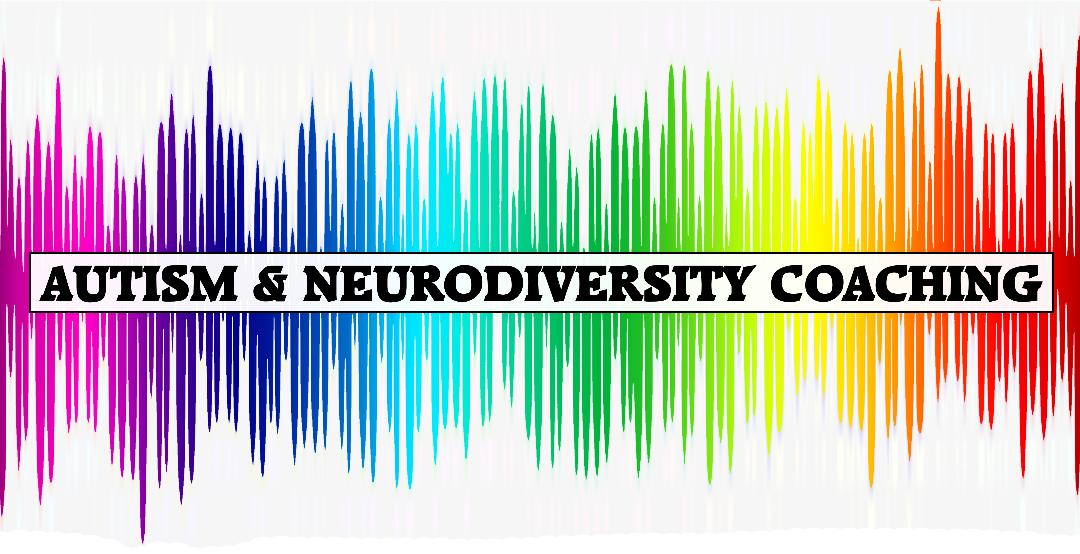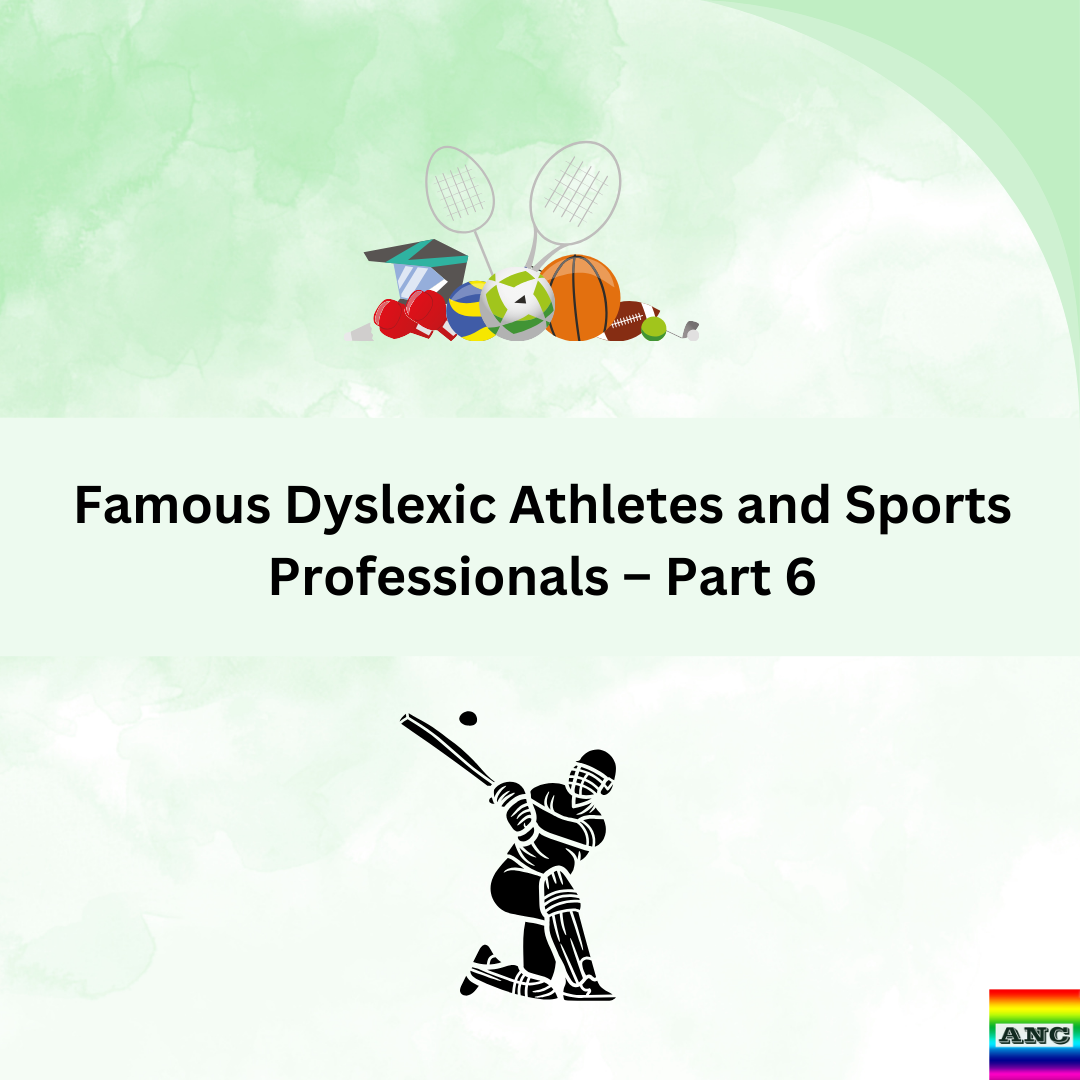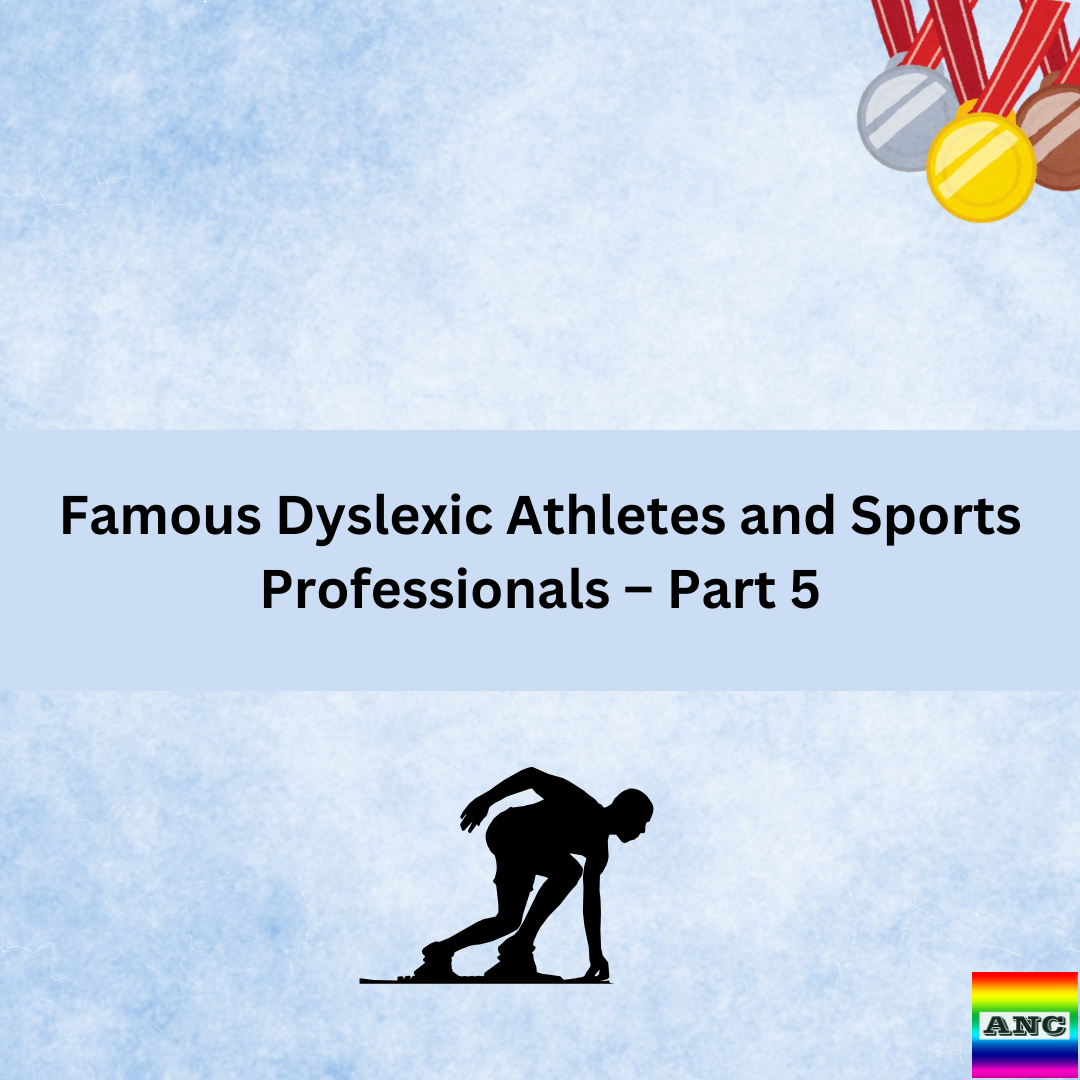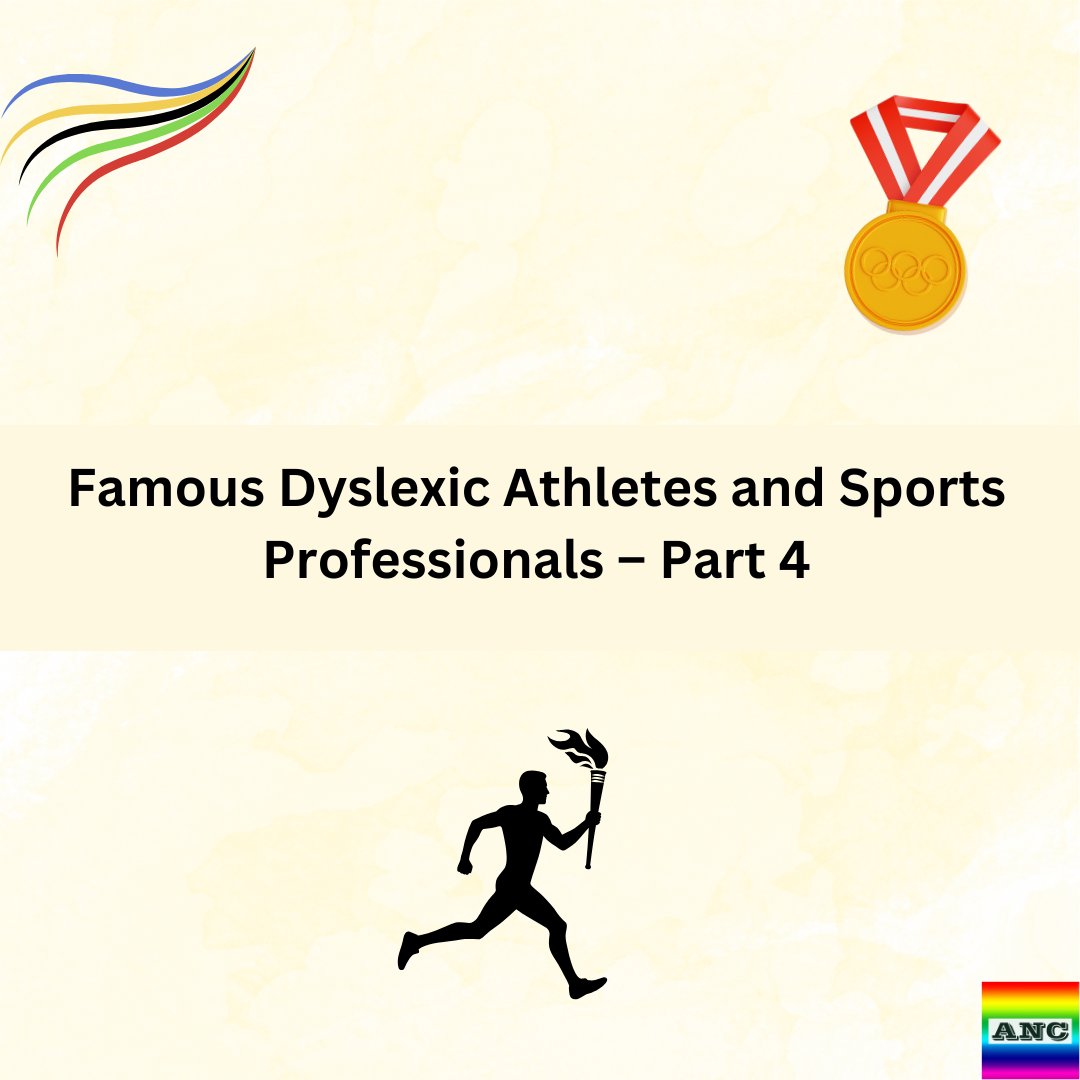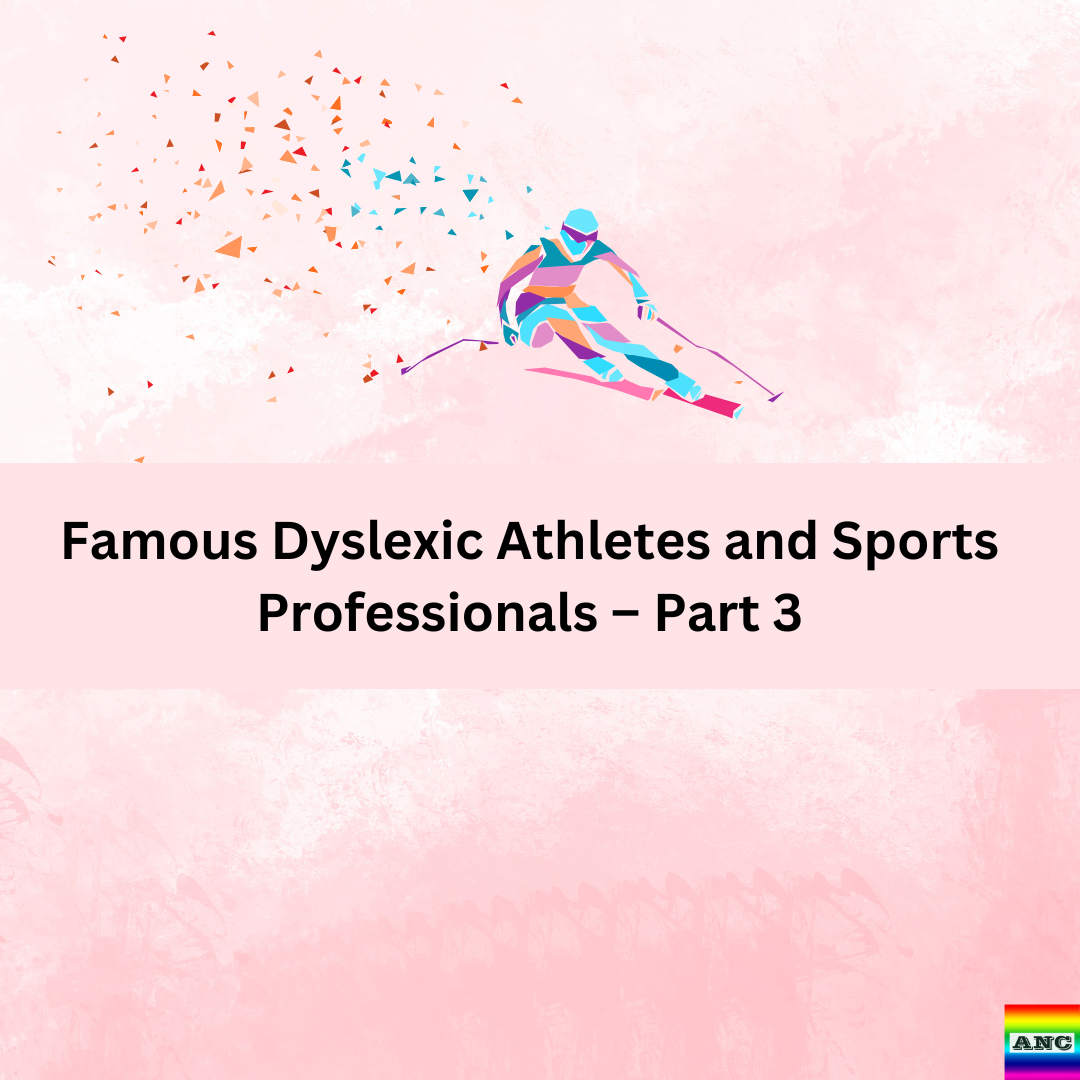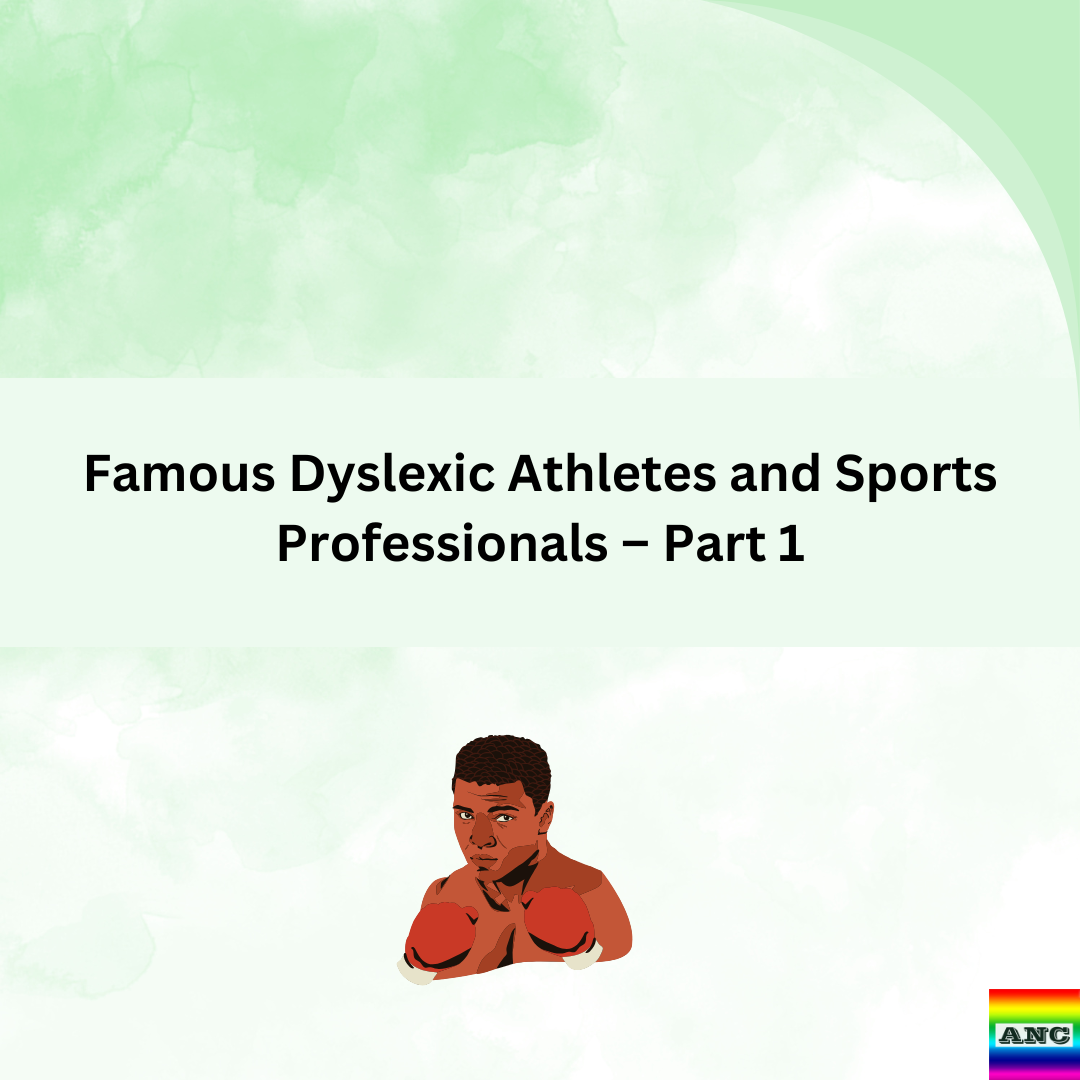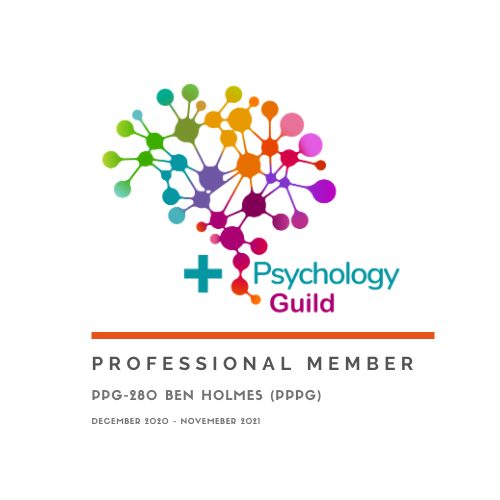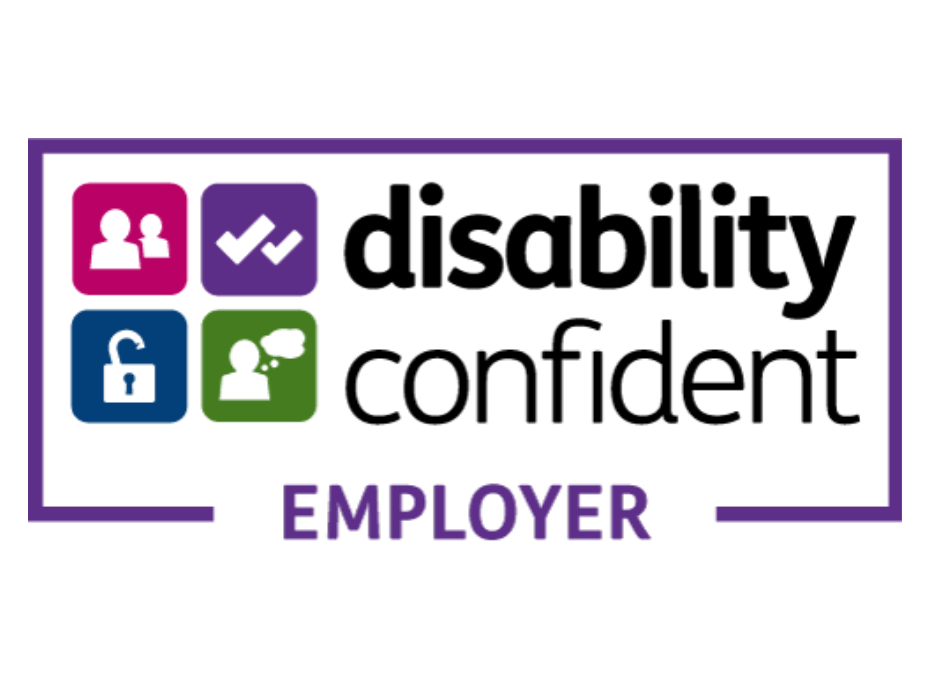Understanding Dyslexia: Navigating the World of Reading Challenges Part 1

Dyslexia is often misunderstood as simply a "reading problem," but it's much more complex than that. This neurological condition affects how individuals process language, making reading, spelling, and sometimes even speaking a challenge. However, with the right strategies and support, people with dyslexia can thrive and even excel in areas they might initially struggle with.
What is Dyslexia?
Dyslexia is a learning disability that primarily affects reading. It stems from differences in how the brain processes phonological information, which is crucial for decoding words. People with dyslexia often have difficulty identifying speech sounds and relating them to letters and words, leading to challenges in reading fluently and accurately.
It's important to note that dyslexia is not related to intelligence. Many people with dyslexia are highly intelligent and creative, excelling in problem-solving and thinking outside the box. The challenge lies in the traditional methods of reading and writing, which don't always align with how their brains are wired.
The Reading Challenge
For someone with dyslexia, reading can be a slow, laborious process. They might struggle to connect letters to sounds, leading to difficulties in recognizing words by sight or decoding new ones. This can result in frustration, low self-esteem, and a reluctance to engage in reading activities.
Common signs of dyslexia in children include:
- Difficulty learning to read
- Confusing letters that look similar, such as "b" and "d"
- Problems with spelling, even after practice
- Avoidance of reading aloud
- Taking longer to complete reading or writing tasks
In adults, dyslexia might manifest as difficulty with reading comprehension, slow reading speed, or challenges with tasks that require reading, such as following written instructions or navigating maps.
Dyslexia and the Brain
Research has shown that dyslexia is linked to differences in how the brain processes language. Specifically, it affects areas in the brain responsible for understanding and processing written and spoken language. These differences are often hereditary, meaning that dyslexia can run in families.
Functional MRI studies have shown that when people with dyslexia read, they use different areas of their brains compared to those without dyslexia. While this might sound concerning, it's simply a different way of processing information. Understanding these differences is key to developing effective strategies to help people with dyslexia succeed.

